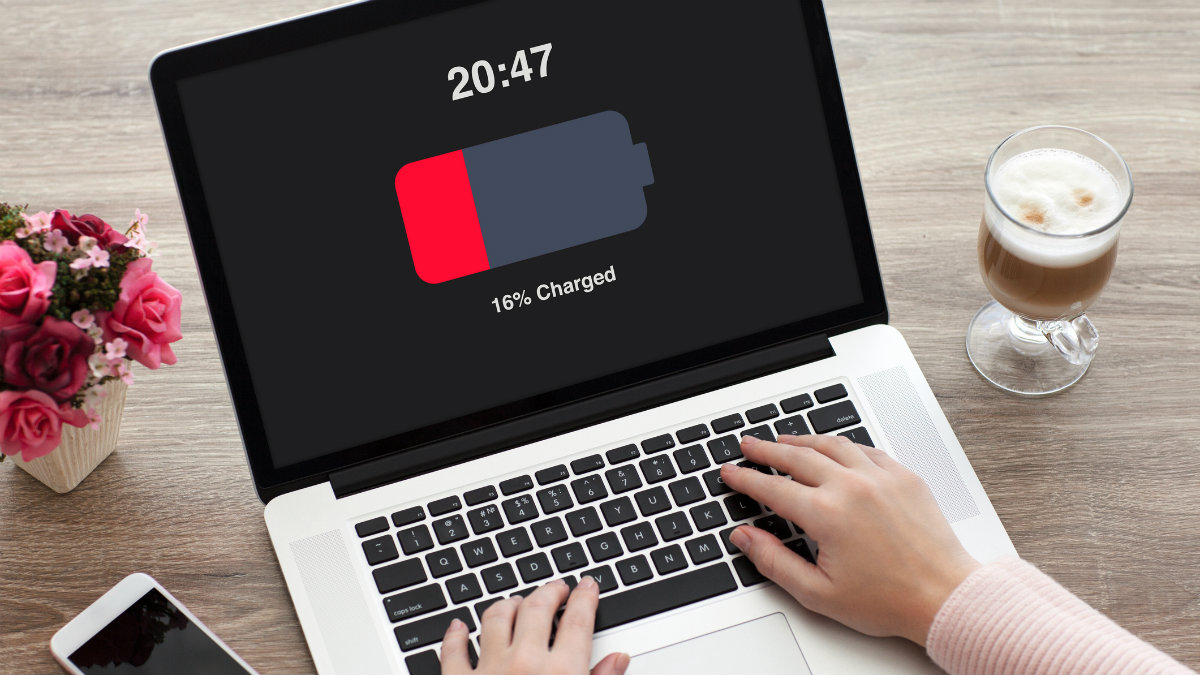How Long Should Your Laptop Battery Last and How to Keep Your Laptop Battery Lasting Longer?
Some people are working with their laptops all day, which means that the battery will be drained by the end of the day. Others are working with a laptop for only an hour or two, which means that the battery will last. Knowing how long your notebook can last is important to know because sometimes you'll need just enough time to finish up one thing and then be able to go do something else without having to plug it in.
How Long Should Your Laptop Battery Last?
how long will the battery last before it’s no longer an effective battery? That’s pretty much the same for all modern laptops — about 300–500 full charges. That’s what you can expect from today’s Li-ion batteries.
The answer also can vary depending on how you use it. Your laptop battery should last for at least four hours of continuous usage and up to 12 hours with intermittent usage. As you use your laptop, the battery will drain gradually until it's completely out of power and shuts down.
However, there are some things that you can do to help make your battery last longer than ever! One of these things is using the energy-saving features available in your operating system. By taking advantage of these features, you will be able to reduce power usage by up to 10%. In this article, we'll give you the reasons why your laptop battery might not last and how to improve its backup time!
.png)
Reasons that your laptop battery might not last:
One reason that your laptop battery might not last as long is because of software and hardware conflicts. For example, a program you installed on your computer could be draining the power more quickly than it should. The reason that your laptop's battery might not last long could be due to a built-in battery that isn't strong enough or the laptop's settings. Another factor contributing to shorter laptop battery life is a power plan set on High Performance, which could be making your computer work harder than necessary. Some more reasons are below:
Battery is not made for your laptop model;
Battery life decreases with age;
Calculating how much your laptop battery is used;
Factors that affect the duration of a lithium-ion battery;
Number of charge cycles, runtime, and temperature;
Battery is not being charged correctly;
What you can do to keep your laptop battery lasting longer than ever;
Built-in battery is weak: typically, the built-in battery is weaker than an external one;
Low-quality laptop: low-quality laptops are less efficient and exhausted more quickly;
High demand for power from your device: if you're using a laptop with demanding functions such as gaming or video editing, then it will have a negative impact on battery life;
Your operating system has a bug preventing it from activating the energy-saving features;
The more you use your laptop, the less your battery may last. Remember, the average laptop battery only lasts for about 1,000 charges, so each time you recharge your laptop you step an inch closer to its demise.

Tips for how to keep your laptop battery lasting longer
When you're not using the computer, close programs that are running in the background or hibernate your system instead of shutting it down completely. This will stop power from going out so quickly when you turn on your laptop again and give the battery time to recharge.
Turning off the screen will save power, so keep it turned down when you're not using your laptop or set a "screensaver" with black and white tiles that only lights up after an hour of inactivity.
Keep your computer cool by investing in a cooling pad, which will keep the laptop from overheating, and use a cooling stand to manage your laptop in bed or on other soft surfaces.
Reduce time spent plugged into an outlet by plugging your charger into the wall for only short bursts of time instead of leaving it attached all day long.
One tip is to use the energy-saving features available in your operating system.
Check the battery settings to see what percentage of power is used when on battery and plugged into a plug or how long it takes for an hour's charge.
Use the energy-saving features available in your operating system.
Keep it cool and dry (don't put drinks near it).
Avoid running out of power when plugged into a power source.
Keep it cool as possible by using a laptop cooling pad or USB fan if necessary.
About The Author
Elsa is a passionate soul who always enjoys researching & writing articles and solutions to help others. Her posts mainly cover topics related to laptops, data backup, file sync, and so on. Apart from writing, her primary interests include reading novels and poems, traveling, and listening to country music.